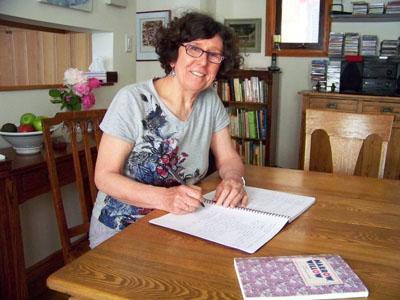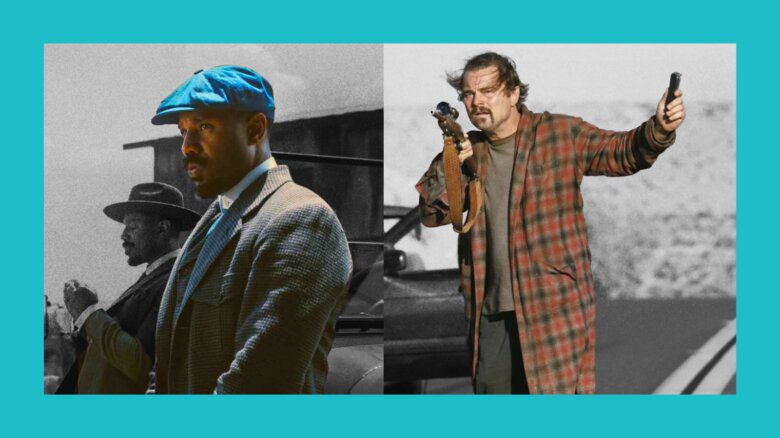For those who say poetry is dead — check out a reading by Maureen Hynes.
Last April, with the launch of Marrow, Willow, her third collection of poems, Hynes packed the back room of Supermarket bar and lounge to capacity. Books flew, bodies touched, hands clapped and lips whistled as Hynes read poems that touched hearts and challenged authority.
“I’m mostly a poet since I’ve been retired,” says Hynes, who recently stepped down from her position as anti-racist coordinator at George Brown College.
Hynes is a lesbian but identifies as “a poet with no labels attached” and says her queerness “appears as a vein in my work rather than a big marquee. I know who I am. I’ve never hidden it or denied it. I identify as a poet.
“It’s present from the first book forward, but it hasn’t been a major theme in my work.”
Hynes, the poetry editor for Our Times: Canada’s Independent Labour Magazine, has published four books in the last 30 years and in 1996 won the League of Canadian Poets Gerald Lampert Award for best first book of poetry, Rough Skin.
Hynes has always weaved the personal with the political in her writing. “I was more bold when I younger,” she says.
“My lefty politics are intentional and a very big part of my life. They don’t always come out in my writing. I wish they would more,” says Hynes. But Hynes doesn’t just wish, she does.
Images of her immigrant grandmother scrubbing floors for little money and poems that challenged sexism graced the pages of her second collection, Harms Way. Eleven years later Marrow, Willow continues the line of written activism in a more subtle form.
“Migrant Workers” demonstrates Hynes’ lefty politics through humour and language play:
“O little charioteers of thrum –
under-nectared, overworked,
crossing time zones, dazed
and jetlagged just like the rest of us –
The rapid thrib-throb of your wings against the rain,
Your smelling your way back
to your queen, your hive, your transport van.”
Although Marrow, Willow shows Hynes’ growth as a poet, getting the collection on paper was no easy feat. For the last 10 years, Hynes says, “I’ve heard people talk about the difficult third. I think I had a difficult third.”
Hynes’ initially planned to call the book Uncovered, but “I wasn’t happy with the title.” Her publisher, Beth Follett (Pedlar Press), combed the collection for a new title and found “marrow, willow” in the poem “Fold,” about Hynes’ long-time partner Ruth’s cancer diagnosis: “change fear into fold, sorrow into morrow, marrow, willow.”
“There are two elements to it: the marrow, which is the firm core; the willow, which is the flexible,” Hynes says.
It’s where her queerness shines. Not feeling the need to write graphic scenes of intimacy, Hynes reveals her love for Ruth in her adaptation to what is happening and her dealing with the situation in a way that best supports her partner.
Other poems explore suicide (“The Hanged Man”), the appropriation of aboriginal culture (“After Rising”) and Toronto (“Christie Pits”).
“I had always thought I would be a writer. And then I just followed this path. A path I ended up loving,” Hynes says.

 Why you can trust Xtra
Why you can trust Xtra


